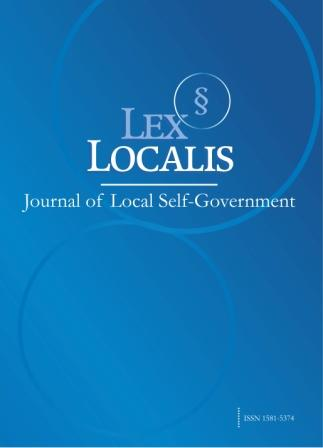RACISM AGAINST JAPANESE IN THE UNITED STATES AND THE JAPANESE RESPONSE (1905-1924)
DOI:
https://doi.org/10.52152/Keywords:
Japanese immigration to the United States, anti-Japanese racism, Immigration Act of 1924, Gentlemen's Agreement, racial discrimination in America.Abstract
The United States was founded as a homeland for immigrants from diverse races and cultures. However, its social and political history has remained burdened by systematic racial discrimination. Rather than becoming a true melting pot, American society was constructed on a hierarchical foundation based on racial standards, placing white Europeans at the top while marginalizing other races such as Africans, Asians, and Latinos.
Among the groups subjected to long-term institutional discrimination were Japanese
Americans, who emerged as a unique case combining legal and social exclusion with escalating security suspicion. Since the early 20th century, they faced increasing waves of racism, sometimes manifested in mass protests against their presence—especially by labor organizations that viewed them as a threat to their economic status and job opportunities—and at other times through societal demands to isolate them socially and segregate their children into separate schools.
Moreover, efforts to marginalize them included a special law enacted in 1913 that prohibited them from owning property. These discriminatory policies culminated in the Immigration Act of 1924, which not only completely banned Japanese immigration but also officially labeled them as an undesirable element within the structure of the American nation. This act gave legal legitimacy to the discrimination they had endured for decades, closing the doors to immigration and preventing the reunification of thousands of Japanese families both inside and outside the United States.
Downloads
Published
Issue
Section
License
Copyright (c) 2025 Lex localis - Journal of Local Self-Government

This work is licensed under a Creative Commons Attribution-NonCommercial-NoDerivatives 4.0 International License.








